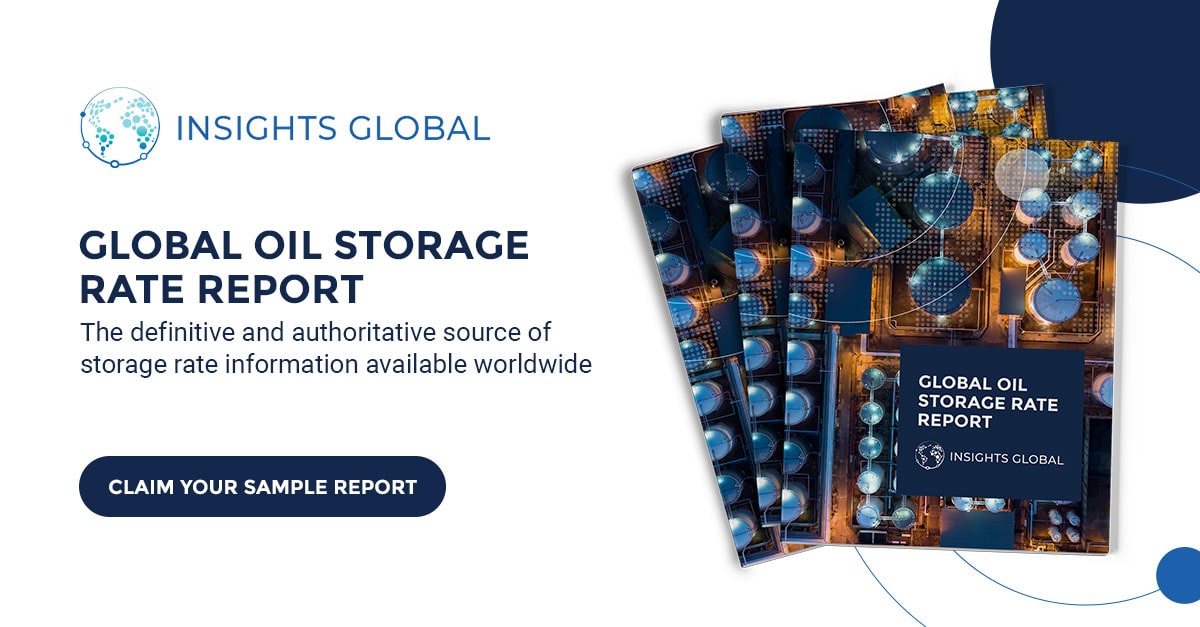October 1, 2020 – Oil products held in independent storage in the Amsterdam-Rotterdam-Antwerp (ARA) trading hub edged down by less than 1pc over the past week, according to data from consultancy Insights Global.
Middle distillate markets continued to labour under notably high inventory levels. Gasoil stocks dropped on the week, but remained close to 13-month highs. And the volume of gasoil departing the ARA area for inland destinations along the river Rhine fell to its lowest level since Insights Global began collecting the relevant data in November 2017, weighed down by low water levels and high inventories inland. Gasoil tankers arrived in the ARA area from the North Sea, where there was around 1.1mn t held in floating storage as recently as 23 September. Tankers departed for Argentina, west Africa and the UK.
Jet fuel stocks rose, staying close to all time record highs. The end of the peak summer holiday season and the reimposition of some Covid-19 restrictions in Europe continued to weigh heavily on demand. A single tanker arrived from the UAE, while two tankers departed for the UK.
Gasoline stocks rose, with the volume of in and outflows easing on the week. Gasoline cargoes arrived in ARA from the Baltics, Finland, France and the UK and departed for the US, the Mediterranean and west Africa. Outflows to the US fell for a second consecutive week, while outflows to west Africa were steady. There was some congestion in the barge market, particularly around the port of Amsterdam. Gasoline inventories are around a third higher than at the same time last year following two quarters of depressed demand caused by pandemic travel restrictions.
Overall naphtha stocks fell from the previous week, with cargoes arriving from Algeria, Norway and Portugal. The volume of naphtha heading up the Rhine was broadly stable on the week, with steady demand coming from both the petrochemical and gasoline blending sectors.
Fuel oil stocks fell after reaching nine-week highs the previous week. Cargoes departed for the Mediterranean, and arrived from the Caribbean, Denmark, France, Germany and the UK.
Reporter: Thomas Warner

